| Even when they’re having sex, Susan’s husband doesn’t give her his full attention. So no wonder she’s jealous of Wendy – not the other woman in the love triangle, but the phone that rarely leaves Kurt’s hand. But Susan has her own obsession: a case of letters that have gone astray when the couple moved house. |
Welcome
I started this blog in 2013 to share my reflections on reading, writing and psychology, along with my journey to become a published novelist. I soon graduated to about twenty book reviews a month and a weekly 99-word story. Ten years later, I've transferred my writing / publication updates to my new website but will continue here with occasional reviews and flash fiction pieces, and maybe the odd personal post.
|
2 Comments
Although fire has a significant role in both of these novels, I intended this post’s title metaphorically: along with the pandemic, the climate crisis and the (sometimes related) refugee emergency are the defining themes of the 2020s. If you like to explore our times through fiction, as I do, see if you think you’d enjoy The Forests, a translated cli-fi novel and/or The Bones of Barry Knight, a poignant portrayal of people literally or figuratively estranged from their homes.
Here are two books featuring different kinds of caring: the first a translated memoir about a healthcare professional who looks after people’s minds along with their feet; the second a novel about an actor who opens his home to his struggling father and to his childhood friend.
Allow me to introduce you to two novels that expose Britain’s dirty hands in the immoral corporate wheeling and dealing that directly harm the poor both here and abroad. If that sounds heavy, remember that the beauty of fiction is that it can wrap that painful politics in a gripping narrative of romance and intrigue. Now, isn’t that a step up from governments that condone such corruption or, at least, turn a blind eye?
The human mind has a wonderful capacity to protect us from unbearable memories, but there’s always a cost. As the narrators of these two novels discover when circumstances compel them to spend time with the mothers from whom they’ve grown apart. Read on to see which takes your fancy; I can heartily recommend reading both.
These two recent reads about a subject close to my heart: finding the meaning within supposed madness and unOthering those deemed severely mentally ill. The first is a classic, an antidote to the mad woman in the attic in Jane Eyre; the second, which deserves to become a classic, published this year. I have no hesitation in recommending them both.
These two novels are about women over forty for whom life has lost its sparkle, partly due to marital infidelity and an empty nest. The first is a nuanced portrayal of contemporary middle age, set in Paris; the second is a shallow glimpse at widowhood and fear of ageing, set in the 1980s on England’s south coast.
Connections: The Sweet Indifference of the World & The Aunt Who Wouldn’t Die & Coming up for Air13/7/2020 Mmm, seems I’ve chosen books with long titles for this threesome! But the reason I couldn’t bear to choose a couple and leave the other on the sidelines awaiting a partner is that they are all about characters connecting in unconventional ways. Firstly, I review a novella in translation about a writer meeting a man who seems to be a younger version of himself. In a second translated novella, a woman ensures that more than her memory lives on after her death. In the third, a literary novel, two women are linked via an invention that a third character plays an active part in developing.
I recently read very different two novels with a supernatural element and a forest setting where nature cannot be ignored. The first is a meditation on our collective fragility involving a fantastic – in the literal sense – bird. The second is a psychological suspense story about a family and community haunted by a young mother’s disappearance a decade before.
History with meddlesome jinns and fairies: The Ninth Child & The Enlightenment of the Greengage Tree29/2/2020 My two final reviews for February are of historical novels with touches of culturally-appropriate magic realism. They also feature the losses and gains of relocating from a major city to a rural area in a period of rapid social change. The first is about public health and engineering in nineteenth century Scotland; the second is set between the late twentieth century and the present in post-revolutionary Iran.
These two recent reads explore physical and psychological survival, or otherwise, in extreme weather conditions. The first is a historical novel about the devastating human, climactic and economic consequences of a volcanic eruption in Indonesia. The second is a translated novella about vulnerable hermit overwintering in the Italian Alps. If you choose to read either of these, you won’t be disappointed.
In what circumstances is it acceptable for women to abandon their traditional roles? What are the consequences if they should do so ill-advisedly? Although these two novels are set in different times and cultures to my own, they raised questions for me as to how far we can safely step out of line. The first novel pays homage to the forgotten women of Ethiopia who took up arms when the country was invaded by Mussolini’s troops. In the second, set in seventeenth century north Norway, the women have no choice but to do the jobs previously carried out by their menfolk when a storm at sea wipes out most of the male population, only for some to find themselves accused of witchcraft a few years later.
Here are two novels inspired by classic tales: the first, a feminist retelling of Beowulf; the second, a homage to Ulysses and James Joyce. No need to have read the source material to appreciate them – I haven’t – although the first probably works better as a stand-alone than the second.
Only in court are we required to tell the truth, the whole truth and nothing but. In our ordinary lives, we stretch, bend and turn it inside out. Not always intentionally, or even consciously, but simply to smooth human interactions and present the best version of ourselves. In the first of these two novels, a Wild-West outlaw needs to create an alter ego to survive, while a frontiers woman needs to revise the details of a family tragedy in order to live with herself. In the second, a lie gives a teenage girl a reprieve from loneliness, and an elderly woman a chance to be heard.
Two novels featuring mothers who leave a child/children when they’re still quite young, following the implications over several years. In the first, the narrator doesn’t know why his mother has disappeared, or even whether she’s still alive, and claims not to miss her as his older sister fills the gap where the mother belongs. The second is a dual narrative from the perspective of both mother and daughter as each suffers, in different ways, from the mother’s decision to leave Jamaica for New York. The theme gives me an excuse to sound off about attachment and share some of my own fiction, including a new 99-word story.
While separated by style – the first literary lyrical, the second more off-the-peg – and setting – the first wilderness, the second three cityscapes – these two novels are united by more than a character named Tomas. The main characters of both stories are preoccupied with meticulous observation of the environment: for animal research in Tiger whereas in The Museum of Broken Promises, surveillance might be a more appropriate word. And while the latter is about conserving objects and memories, nature conservation is one of the themes of the first.
While the title declares the first of these novels, set in Lagos, to be about siblings and killings, it’s not immediately obvious how it applies to the second, set in Perak, Malaysia. A boy who feels guided by his dead twin, a young woman strongly attached to her stepbrother, and mysterious deaths that might be the work of a tiger: does that nail it? Read on!
I can recommend both of these novels about women whose lives are entangled with that of one man. In the first, three Australian friends are stalked by an unpleasant character when they embark on a long-distance walk. In the second, three Nigerian women have managed their common husband successfully, until he introduces a fourth wife into their home.
I’ve recently been reading two satirical novels about nationalism and social media, the first set in India, the second in the UK.
Young women, invisible even to themselves: My Year of Rest and Relaxation & Pretend I’m Dead31/12/2018 I’m rounding off my reading year with reviews of American novels about women in their mid-20s who are estranged from everything, even themselves. While the first owns two properties and the second cleans other people’s houses for a living, they are equally desperately homeless inside. While the first namedrops designer labels, and the second cleaning products, both bring a light touch to the tragedy of feeling invisible and being insecurely attached.
Two tales of boy slaves in the nineteenth century, both of whom gain their freedom and travel overseas. Born into slavery, Washington Black’s story begins on the familiar territory of a Caribbean sugar plantation, but his adventures take him right around the world. Tsito’s enslavement in his native Madagascar is one many English readers will be unaware of; although beginning less brutally, he’s witness to a terrifying purging of Christians and suspected traitors by a vengeful queen. (Follow this link for reviews of two other less well-known slavery stories.)
I sometimes wonder if the link between books is too tenuous to pair the reviews; less often, I worry they might be too alike. These two new novels about curmudgeonly widowers reluctantly rubbing shoulders with other retirees in what feels to them like death’s waiting room seemed to belong to the latter category: second novels about men at odds with their grown-up daughters finding a kind of redemption when an unlikely friend intrudes upon their private space. Both have hints of humour and a quietly political backdrop of past injustice but, despite the surface similarities, once I was lost in the pages I realised that no two novels are ever the same.
Meet Abdallah, an Omani businessman who grew up without a mother, and Michael, a convenience-store worker in Toronto of Trinidadian heritage, who grew up without a dad. Each is somehow too sensitive for the community that contains them, with confusing expectations of masculinity they don’t easily meet. While Abdallah is rich in money and relatives, and Michael, alone with his mother, can hardly make ends meet, both are the products of rapidly changing cultures, both have seen violence and both have reason for regret.
Kimiâ and Zebra are women in their early 20s with roots in the Mazandaran region of Iran. Both have been shaped by their fathers’ intellectual and political allegiances that forced them into exile as young girls. Both have grown into young adults slightly distant from their own emotions but, while Kimiâ, now living in Paris, has forged an identity that separates her from her family of origin, Zebra, now an orphan travelling from New York to Barcelona, is disturbed and disturbingly loyal to her heritage.
Follow this link for other accounts of the refugee experience. |
entertaining fiction about identity, mental health and social justice
Annecdotal is where real life brushes up against the fictional.
Annecdotist is the blogging persona of Anne Goodwin:
reader, writer, slug-slayer, tramper of moors, recovering psychologist, struggling soprano, author of three fiction books. LATEST POSTS HERE
I don't post to a schedule, but average around ten reviews a month (see here for an alphabetical list), some linked to a weekly flash fiction, plus posts on my WIPs and published books. Your comments are welcome any time any where. Get new posts direct to your inbox ...
or click here …
Popular posts
Categories/Tags
All
Archives
March 2024
BLOGGING COMMUNITIES
|
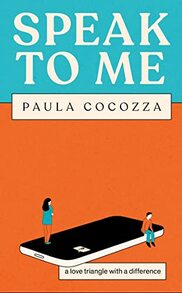
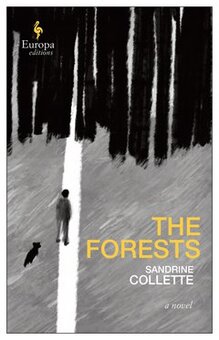
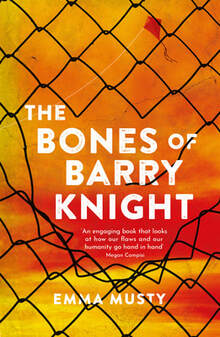
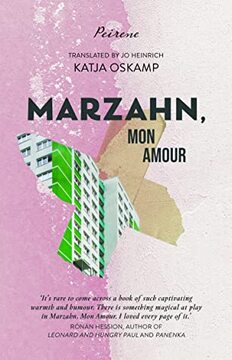
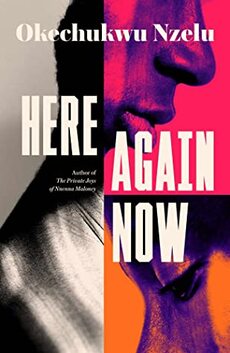
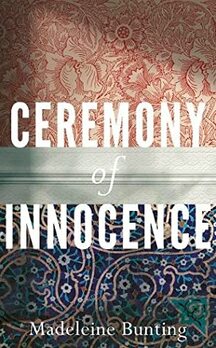
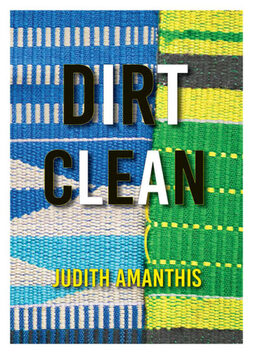

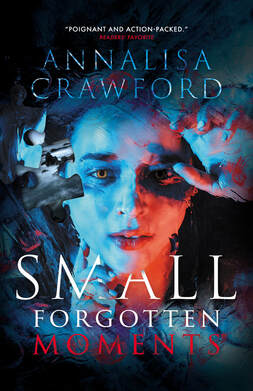
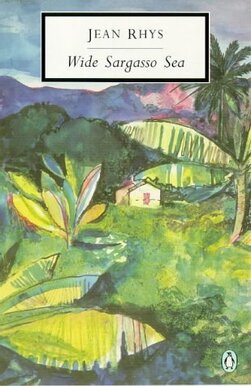
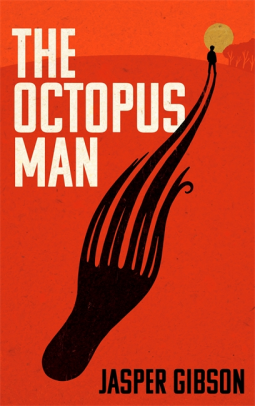
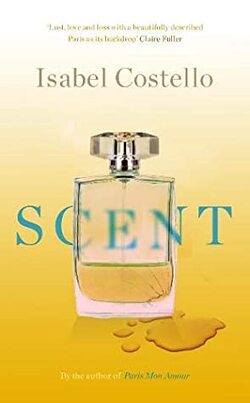
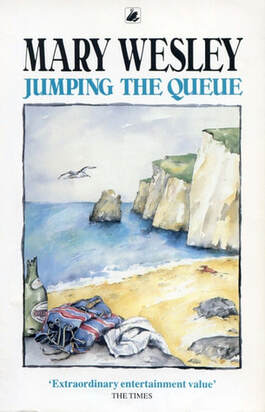

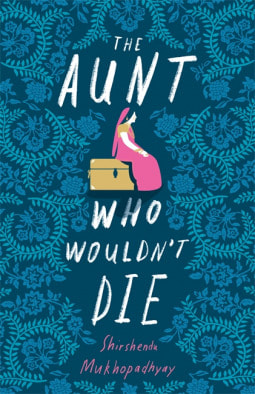

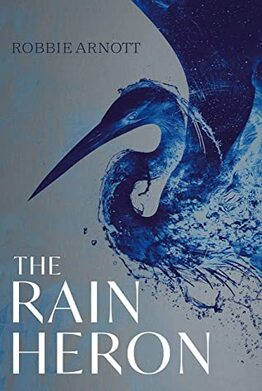
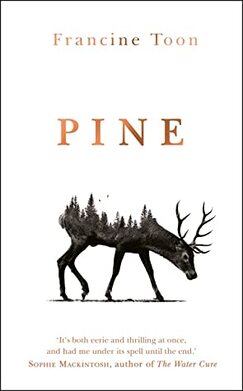
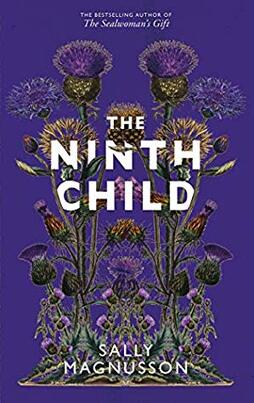
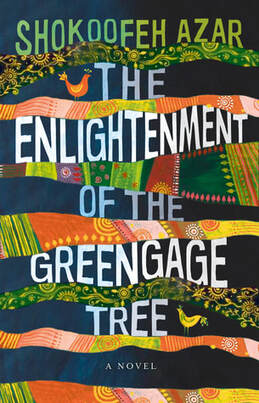
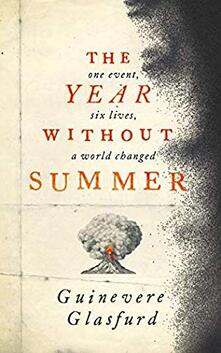
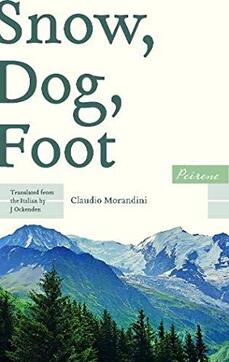
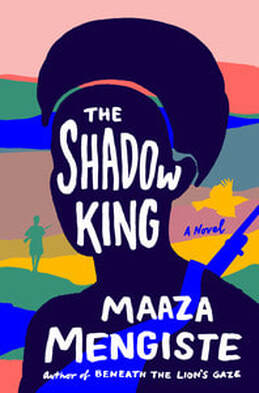
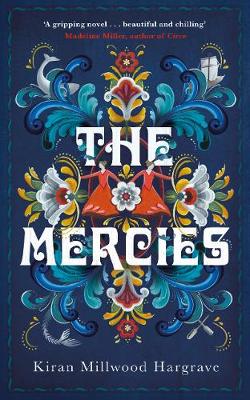
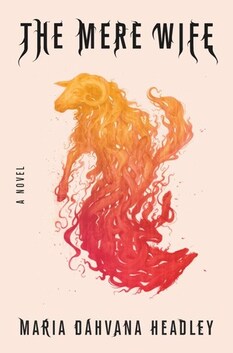
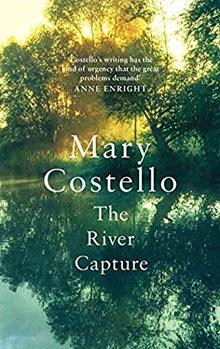
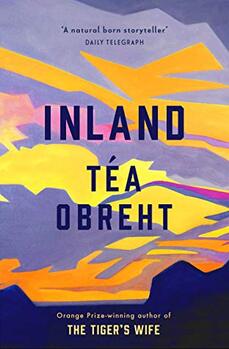
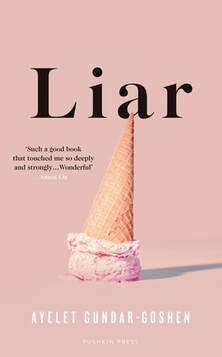
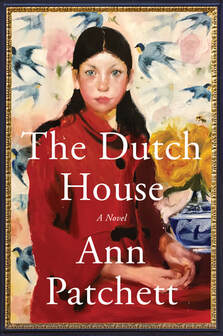
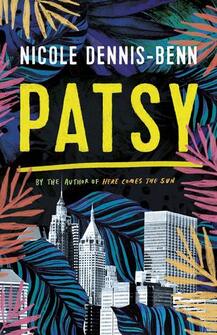
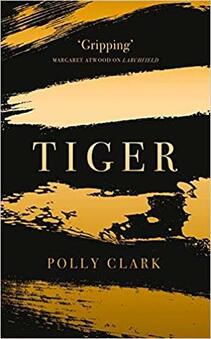
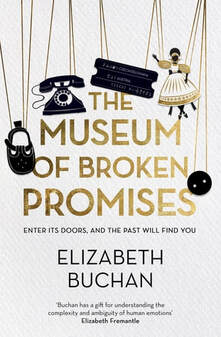
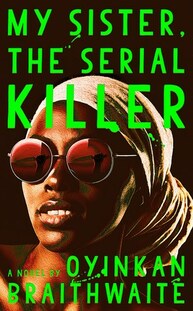
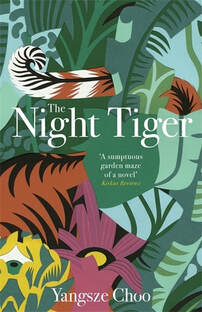
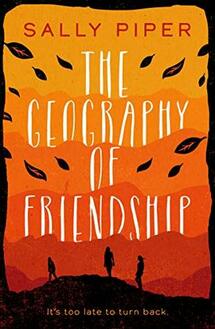
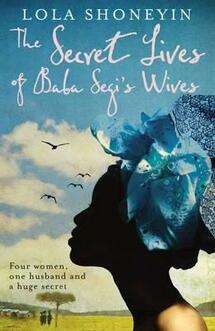
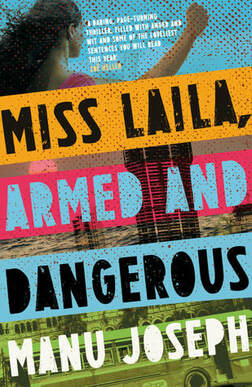

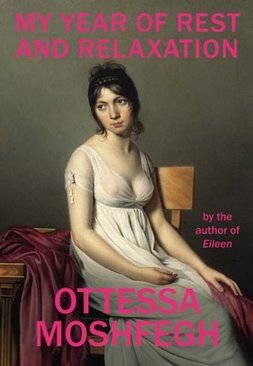
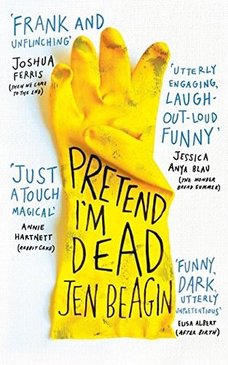
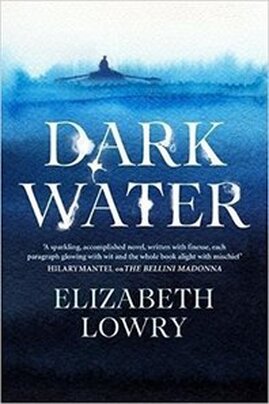
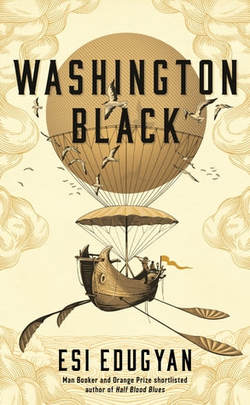
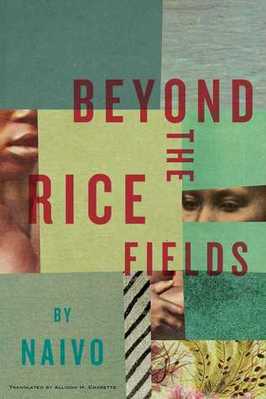
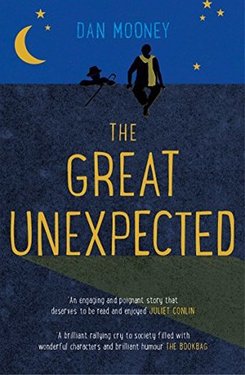
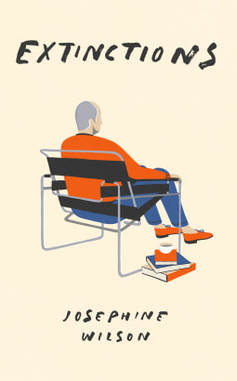
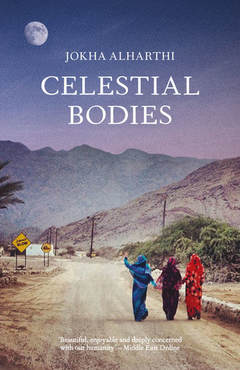
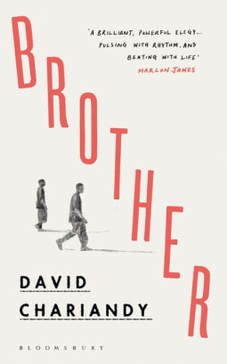

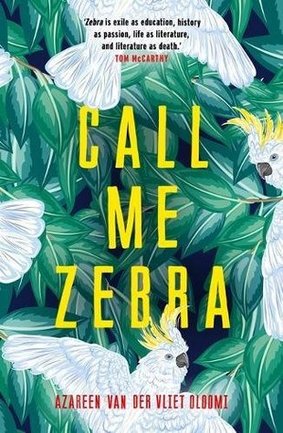





















 RSS Feed
RSS Feed





















